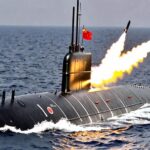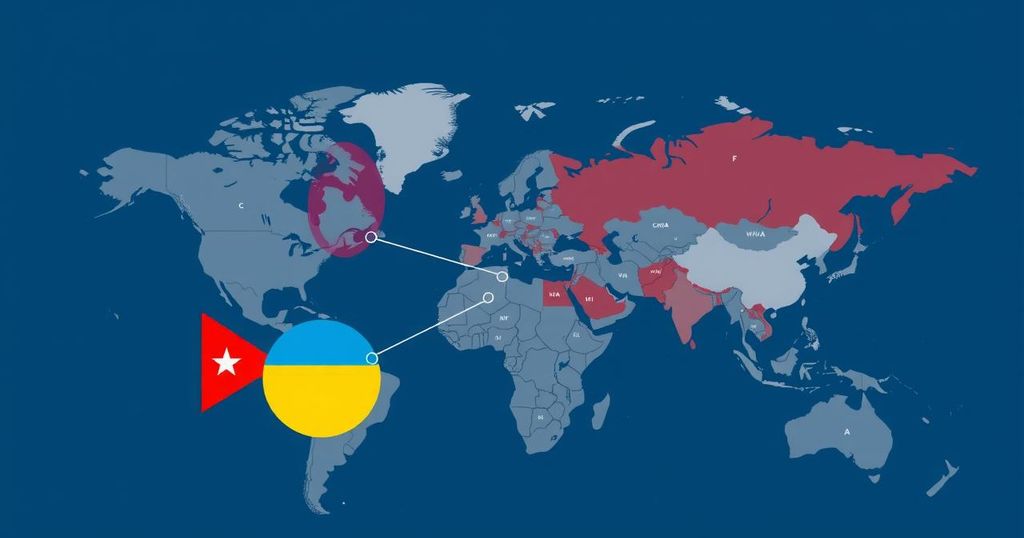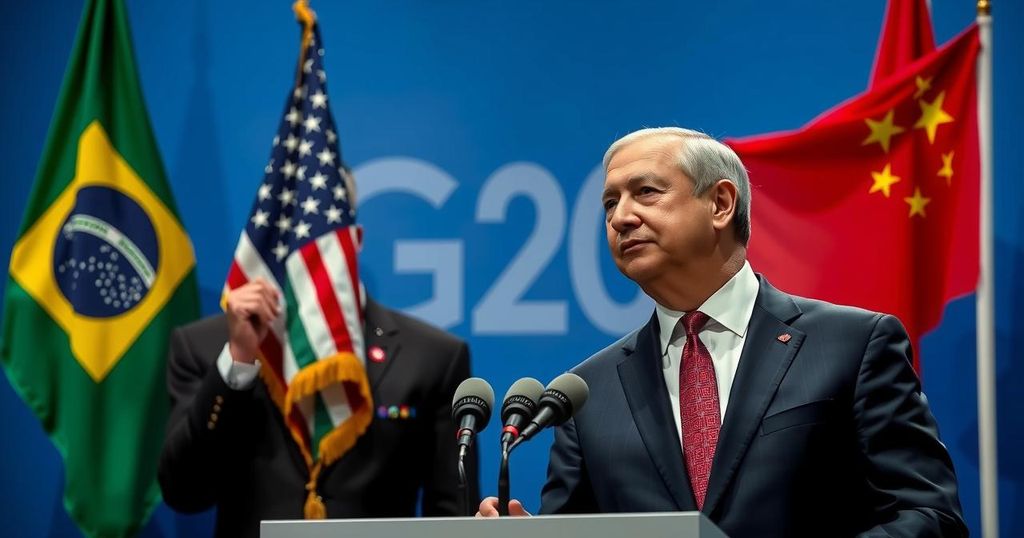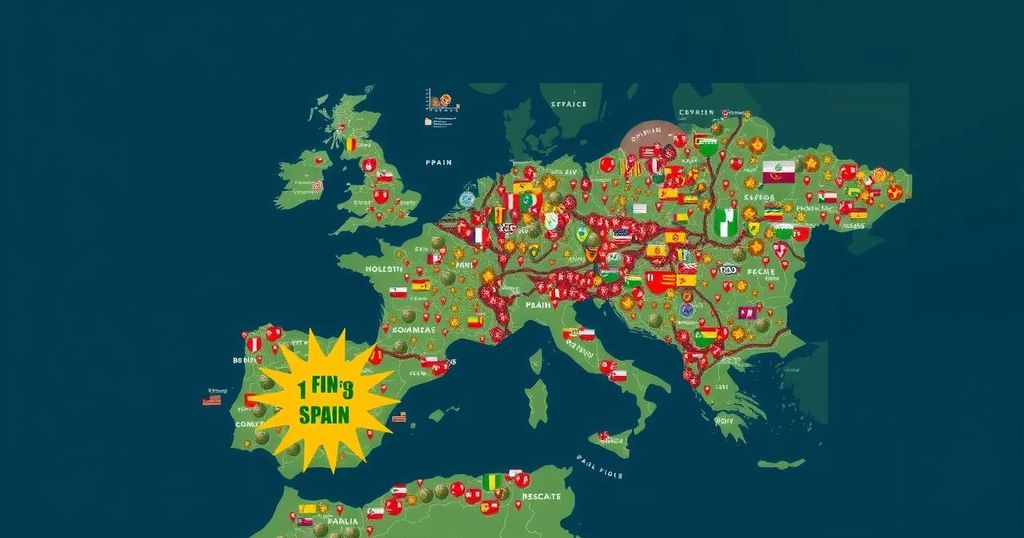China and Brazil Advance Ukraine Peace Initiative Amidst Zelenskiy’s Criticism
China and Brazil are advancing a peace initiative concerning the Ukraine conflict despite Ukrainian President Zelenskiy’s objections. A meeting involving seventeen countries took place during the UN General Assembly, where discussions centered around conflict de-escalation and the potential for a peace conference. Zelenskiy criticized the alternative proposals, asserting they could aid Russia’s continued military actions. Chinese and Brazilian officials, however, emphasized their role in advocating for peace without responding directly to Zelenskiy’s assertions.
On Friday, China and Brazil continued their efforts to consolidate support from developing nations for a peace initiative aimed at resolving the ongoing war in Ukraine. This endeavor was met with criticism from Ukrainian President Volodymyr Zelenskiy, who labeled the plan as one that primarily serves the interests of Russia. The gathering took place on the sidelines of the United Nations General Assembly and was attended by representatives from seventeen countries, led by China’s Foreign Minister Wang Yi and Brazilian foreign policy adviser Celso Amorim. During the meeting, Minister Wang emphasized the importance of preventing further escalation of the conflict, avoiding the deployment of weapons of mass destruction, and ensuring the safety of nuclear facilities. He articulated that “Russia and Ukraine are neighbors that cannot be moved away from each other and amity is the only realistic option,” advocating for an international peace conference that would include both parties. The communique issued included endorsements from Brazil, China, and ten other nations from the Global South, such as Indonesia, South Africa, and Turkey. This agreement, as noted by Amorim, expands upon a preliminary six-point plan proposed by Brazil and China in May. He affirmed that discussions will continue in New York under the coalition termed “friends for peace.” It is worth noting that Chinese President Xi Jinping established a partnership described as “no limits” with Russian President Vladimir Putin shortly before the conflict escalated in Ukraine. While Beijing asserts that it has not supplied arms to Russia for the war, Western nations contend that Chinese companies have provided essential materials that facilitate Russia’s weapon manufacture. In response to the proposed peace initiative, President Zelenskiy criticized the motives behind the China-Brazil plan, suggesting that alternative proposals weaken Ukraine’s position and could offer Russia additional breathing room in its military endeavors. To this, Amorim stated, “I am not here to respond either to Zelenskiy or Putin, just to propose a way for peace.”
The ongoing conflict between Russia and Ukraine, which escalated with Russia’s invasion in 2022, has drawn significant international attention and concern. Various nations and international bodies have sought to promote peace and end hostilities, yet the complexities of geopolitical alliances and national interests complicate these efforts. The involvement of China and Brazil, two major players in the Global South, represents a shift from traditional Western-led peace proposals to one that emphasizes cooperation among developing countries. Both nations have previously positioned themselves in a supportive stance towards Russia, raising questions about their motivations and the implications of their peace plans.
In conclusion, the initiative led by China and Brazil to forge a peace plan for Ukraine amidst Zelenskiy’s strong criticisms underscores the divergent perspectives within the international community regarding the conflict. While the two nations advocate for dialogue and a peaceful resolution, the Ukrainian leadership remains wary of any proposals perceived as undermining Ukraine’s sovereignty. The coming days may reveal whether these discussions will yield substantial diplomatic progress or further complicate the geopolitical landscape.
Original Source: www.usnews.com








Post Comment